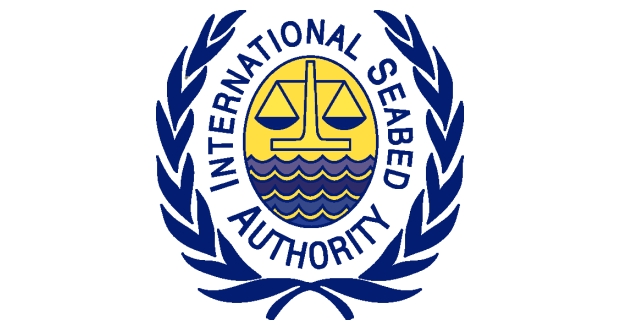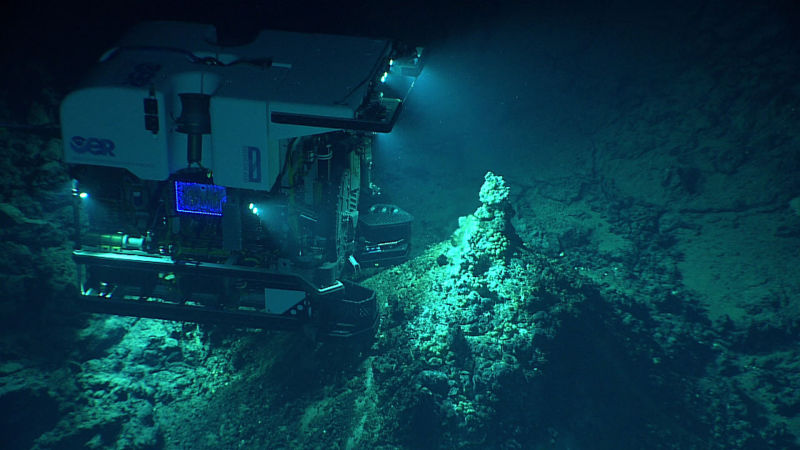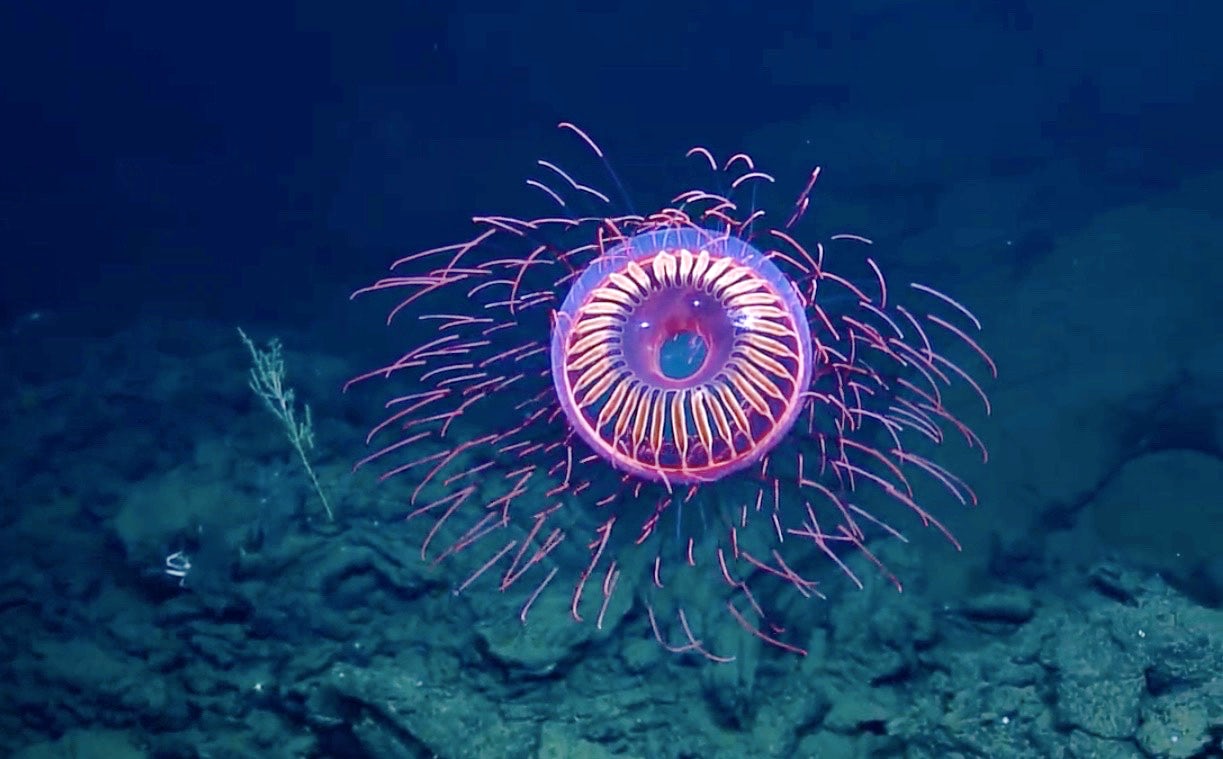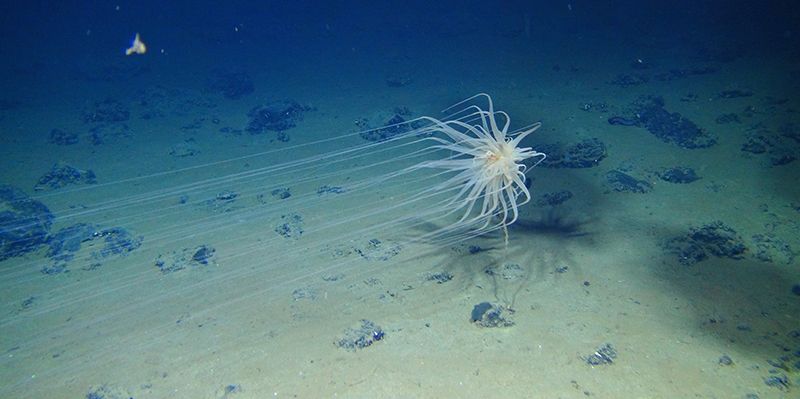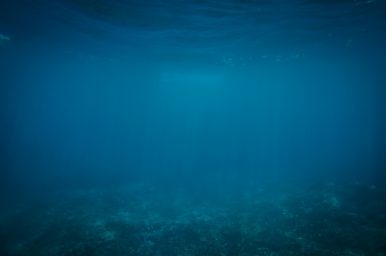INTERNATIONAL SEABED AUTHORITY | 16 November 2017
JAMAICA, Kingston – – The Authority has done a good job over its 24 years of existence of building its institutional capacity to manage deep seabed mining.
Speaking at the special session on deep seabed mining at the 88th meeting of the Ocean Studies Board of the National Academies of Science in Washington, the Secretary-General of the International Seabed Authority, Michael Lodge said that the Authority had approved 29 contracts for exploration covering more than 1.3 million square kilometres of the seabed. These contractors include States, State entities and private corporations sponsored both by developed and developing States.
He highlighted the nature of the underlying legal regime established by the Law of the Sea Convention as the one factor that distinguished deep seabed mining from any other extractive activity.
He provided an overview of the current status of deep seabed mining from the perspective of the International Seabed Authority, as regulator, and identified some of the main factors that need to come into alignment in order for the industry to take off.
“Seafloor minerals are the only example of a global resource that is under international management by an international organization. As such, the International Seabed Authority represents a unique experiment in international relations. “
He emphasized that while commercial production of seafloor minerals had not started, the Authority had come a long way compared to where it was in 1982 and in 1994 when it was established in Kingston, Jamaica.
“All the indications are that we are at a decisive point in the long history of attempts to mine the deep seabed. We are on the threshold of a new industry. But to go beyond this point requires tremendous financial investment and involves considerable risk.”
The Ocean Studies Board meeting was held from 13-15 November 2017. Meeting highlights included new reports on Polar Icebreaker Cost Assessment and Sustaining Ocean Observations to Understand Future Changes in Earth’s Climate and a special session on Deep Seabed Mining.
